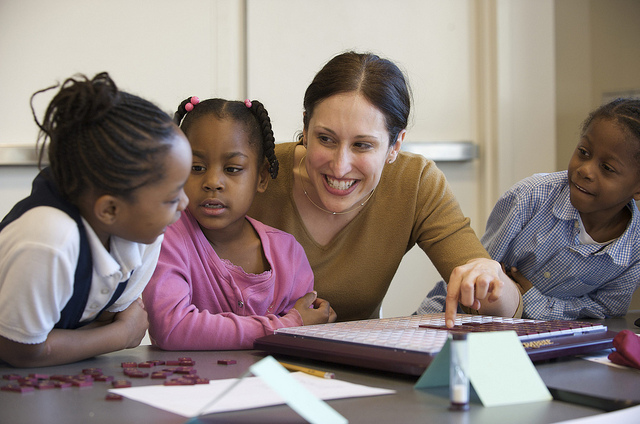Are you looking for ways to encourage students to respond appropriately when others receive success or praise? If so, keep reading.
1. Get the student to take part in games or learning activities with a younger student with whom they will not have a competitive relationship. As the student shows appropriate behavior, slowly have the student take part in games or learning activities with older, more skilled peers.
2. Ask the student a question when they are most likely to be able to respond correctly (e.g., when discussing something in which the student is interested, when the teacher is sure they know the answer, etc.).
3. Take into account the student’s age and experience before expecting them to behave properly when others do well or receive praise or attention.
4. Teach the student to respect others by respecting the student.
5. Urge the student to refrain from comparing themselves to others.
6. Convey your feelings in a socially acceptable way.
7. Praise the student for behaving properly when others do well or receive praise or attention: (a) give the student a concrete reward (e.g., privileges such as leading the line, handing out learning materials, 10 minutes of free time, etc.) or (b) give the student an informal reward (e.g., praise, handshake, smile, etc.).
8. Do not let the student participate if the task or situation is too stimulating.
9. Praise and recognize equally all members of the class.
10. Assess the appropriateness of the task or situation to ascertain (a) if the task is too easy, (b) if the task is too complicated, and (c) if the duration of time scheduled to finish the task is sufficient.
11. Connect with parents (e.g., notes home, phone calls, etc.) to disseminate information about the student’s progress. The parents may reinforce the student at home for behaving properly at school.
12. Draft an agreement with the student stipulating what behavior is required (e.g., making a positive comment) and which reinforcement will be implemented when the agreement has been met.
13. Praise the student for behaving properly based on the duration of time the student can be successful. As the student shows success, slowly increase the duration of time required for reinforcement.
14. Praise those students in the classroom who behave properly when others do well or receive praise or attention.
15. Converse with the student to explain (a) what the student is doing wrong (e.g., getting angry, having a tantrum, etc.) and (b) what the student should be doing (e.g., making positive remarks, continuing to participate appropriately, etc.).
16. Create a set of standard behavior rules for group games: • Follow up rules of the game. • Take turns. • Make positive remarks. • Complete as a team member. • Become an excellent sport. Examine rules often. Praise students for following the rules.
17. Select a peer to model behaving properly when others do well or receive praise or attention for the student.
18. Get the student to question any directions, explanations, or instructions not grasped.
19. Consider using an adaptive behavior management app. Click here to view a list of apps that we recommend.
20. Click here to learn about six bonus strategies for challenging problem behaviors and mastering classroom management.





